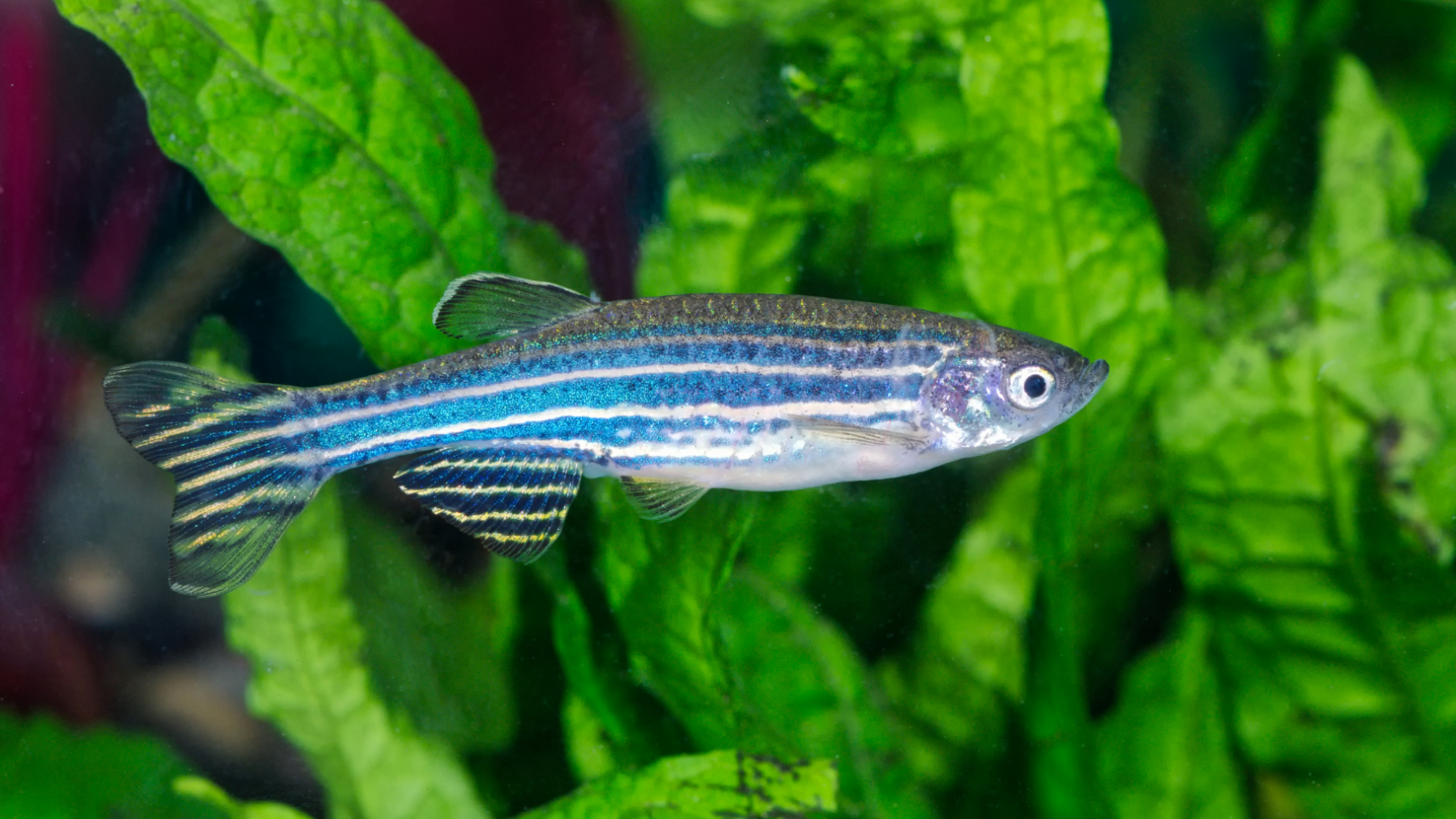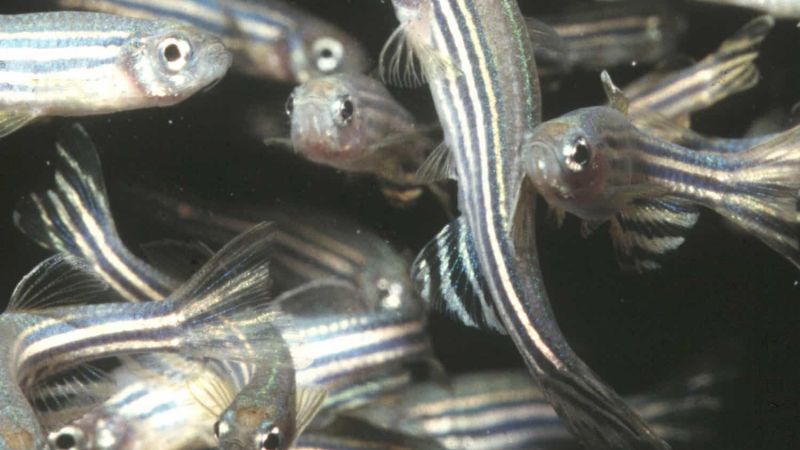 Scientists working with zebrafish have uncovered the signalling pathway that allows the fish to grow new motor neurons, even as adults. The work could one day help doctors treat people with motor neurone disease by 'growing' new neurons to repair their nervous system.
Scientists working with zebrafish have uncovered the signalling pathway that allows the fish to grow new motor neurons, even as adults. The work could one day help doctors treat people with motor neurone disease by 'growing' new neurons to repair their nervous system.
Unlike mammals, zebrafish can rapidly regenerate nerves and tissue. This makes them very important in the development of regenerative medicine, which scientists hope will one day allow the repair of damaged nerves and even whole organs, such as the heart. For this to happen, scientists must understand what makes cells grow and change into specialised cells, such as neurons.
The researchers identified a signalling pathway that prevented early stage cells, called progenitor cells, turning into mature motor neurons – nerves that control movement and speech. By turning off the signal with a drug, the team increased the rate of formation of new neurons in adult zebrafish.
Humans have progenitor cells very similar to those found in zebrafish, which are located in the central nervous system. It is possible that the same signalling pathway could be manipulated to stimulate the formation of new motor neurons in people. The study could help to find ways to turn progenitor cells into motor neurons following damage caused by motor neurone disease (also called amyotropic lateral sclerosis), spinal cord injury or stroke. This could significantly improve the quality of life for people who struggle to talk, walk and even breathe.
For more information, see please see the AnimalResearch.info pages on motor neurone disease, spinal cord injury, stroke and zebrafish.
Last edited: 6 April 2022 13:07



